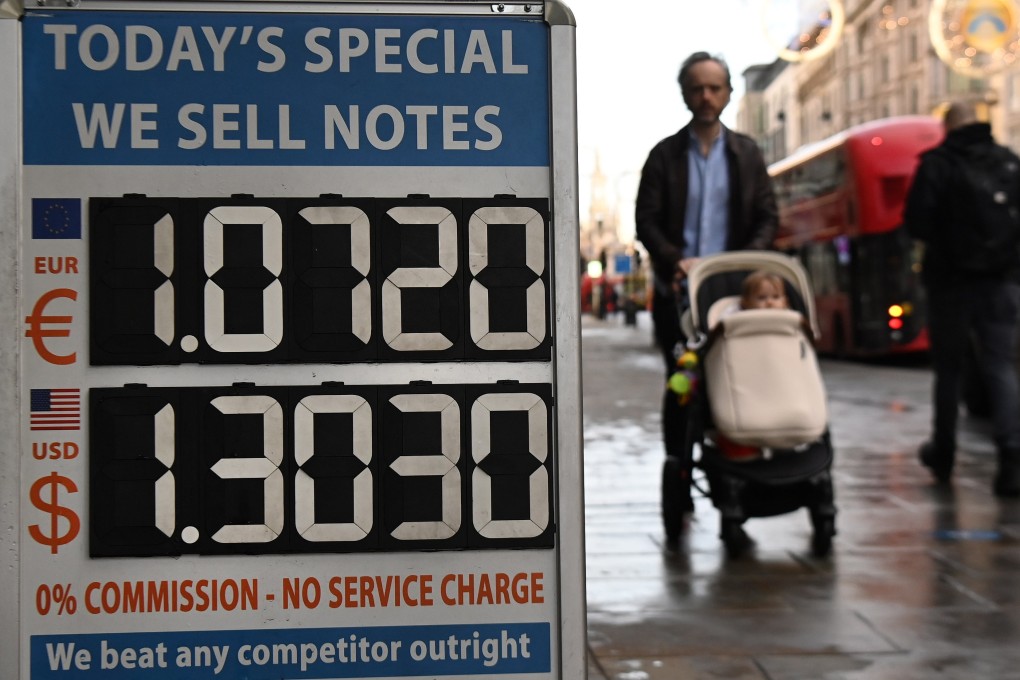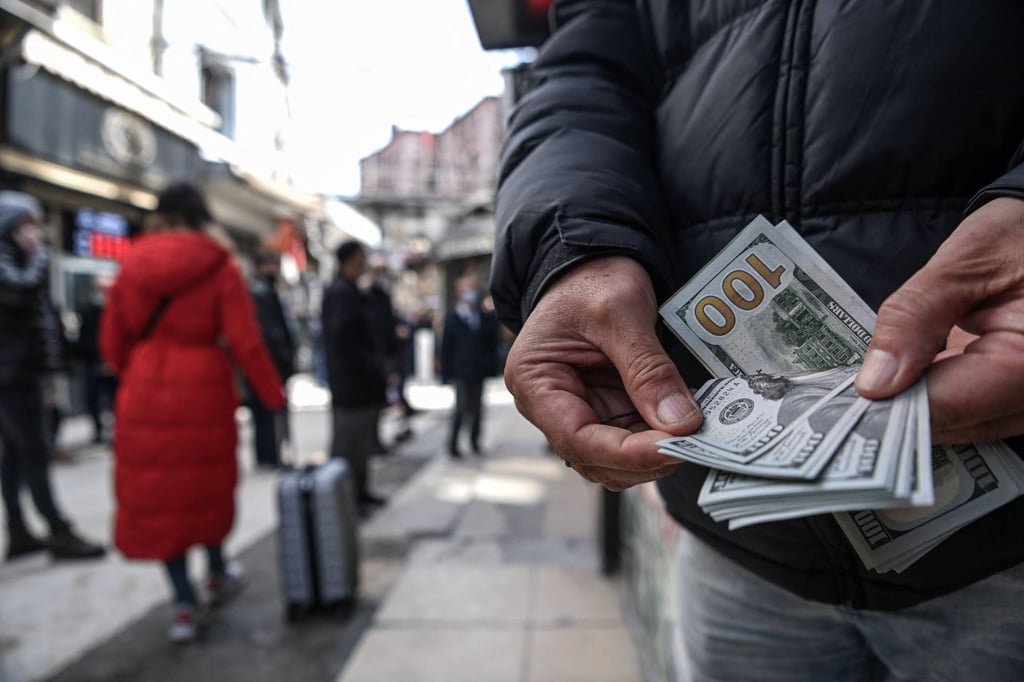Advertisement
Macroscope | Coronavirus recovery: why US dollar’s puzzling strength is only temporary
- Investors expecting the currency to fade have been flummoxed by a reinvigorated US economy and a reassertion of the theme of US exceptionalism
- Renewed dollar depreciation will come eventually from the fading sugar rush of fiscal stimulus and as other countries’ vaccine programmes catch up
Reading Time:3 minutes
Why you can trust SCMP
1

The last decade was all about “American exceptionalism”, characterised by the relentless outperformance of the US economy and its financial markets beating the returns of almost anywhere else. However, this leadership was supposed to finally be fading heading into 2021 as the forces responsible for a long-term US economic slowdown finally caught up to it and its exceptionalism started to draw to a close.
Advertisement
Importantly, this was meant to lead to a decline in the US dollar as investors positioned for finally holding more assets outside the United States. Things haven’t gone to plan so far.
In fact, against the odds, the US dollar actually strengthened during the first quarter this year rather than declined, as US growth leadership continued. Will the US dollar ever fall?
It was Europe that looked to be in a stronger economic position compared to the US in the final months of 2020. Vaccines had been developed and were ready for distribution, Brexit had been resolved and fiscal support was on its way from the European Recovery and Resilience Facility.
Investors had bought into this idea that growth leadership would transfer from the US to other regions such as Europe. Data from the Commodity Futures Trading Commission showed that by January 2021, net short positions in the US dollar had reached their greatest levels since 2011.

Instead, what transpired was a reinvigorated US economy and a reassertion of the theme of US exceptionalism. Europe’s vaccine strategy has been beset with troubles, while third and fourth waves of new variants of the Covid-19 virus have resulted in lockdowns across the region. The distribution of fiscal support has also been delayed.

Advertisement
